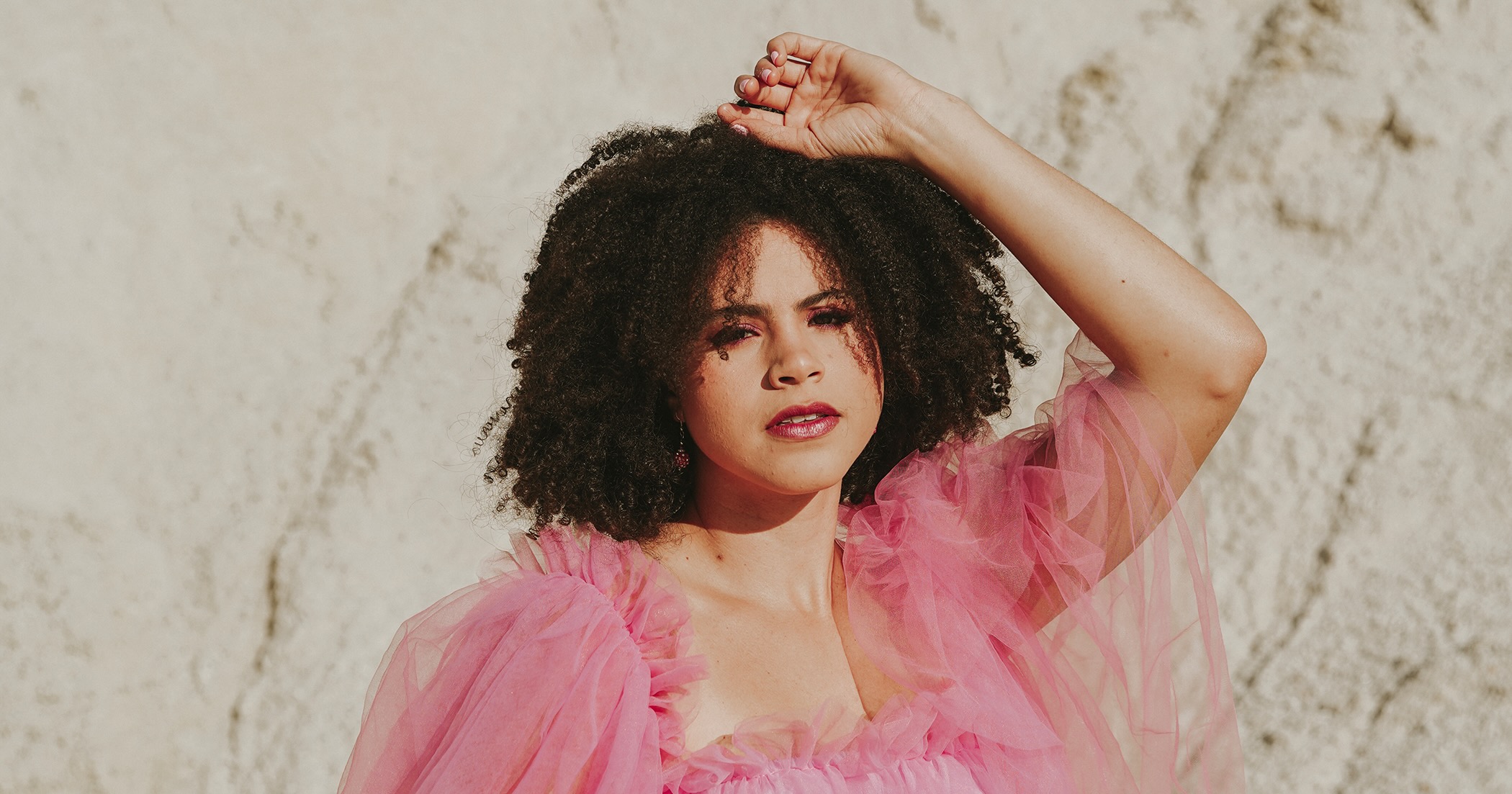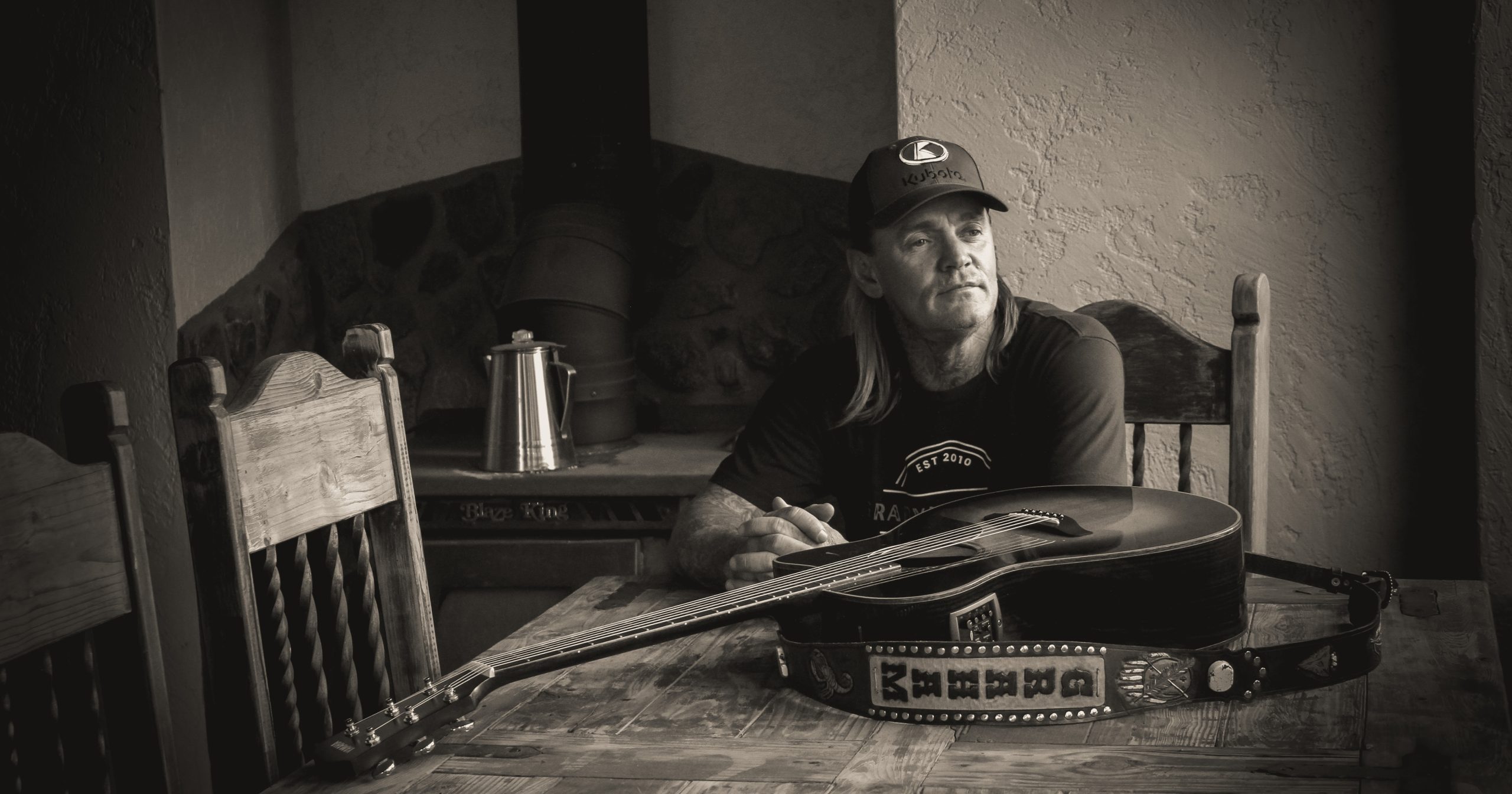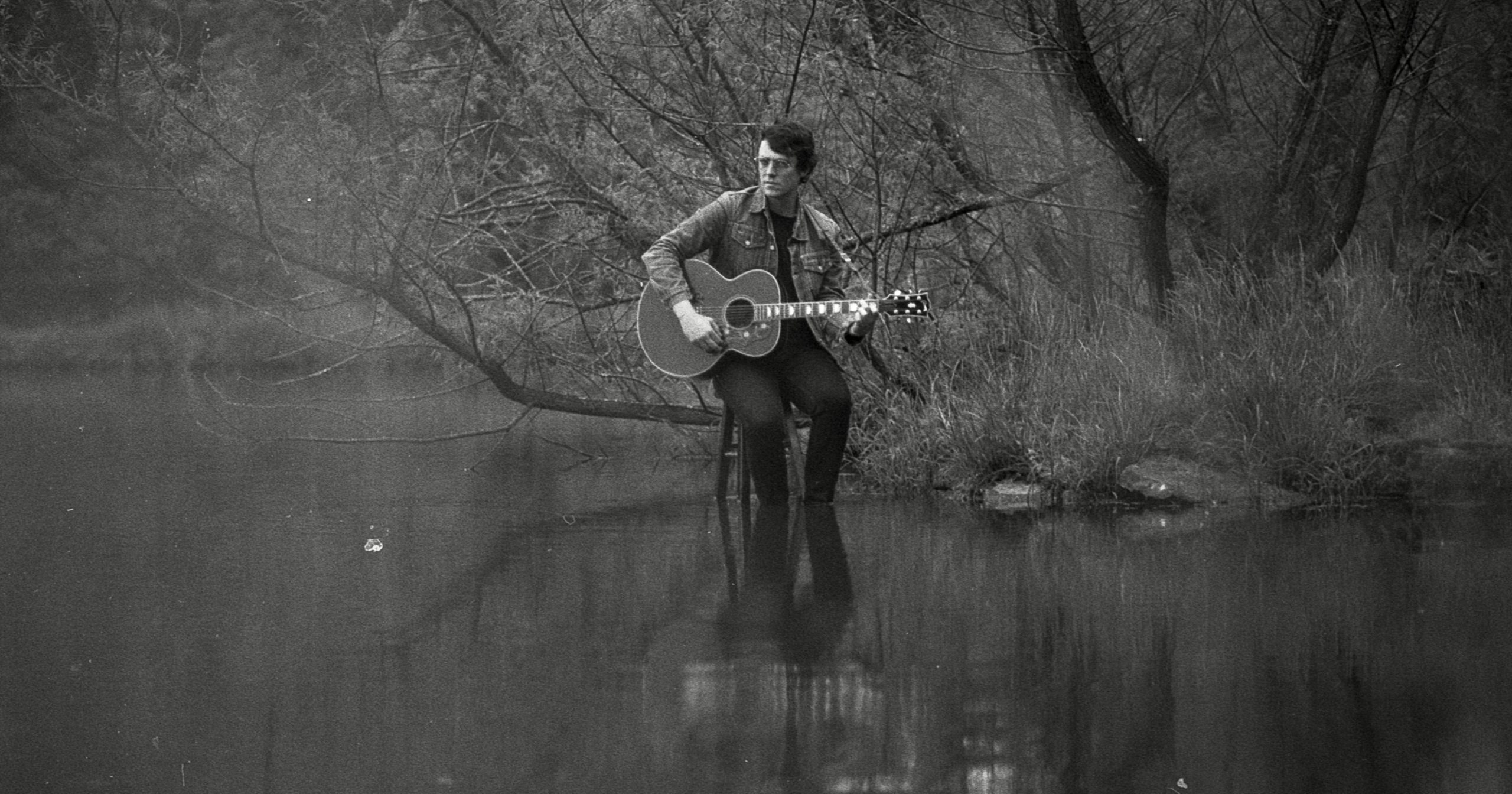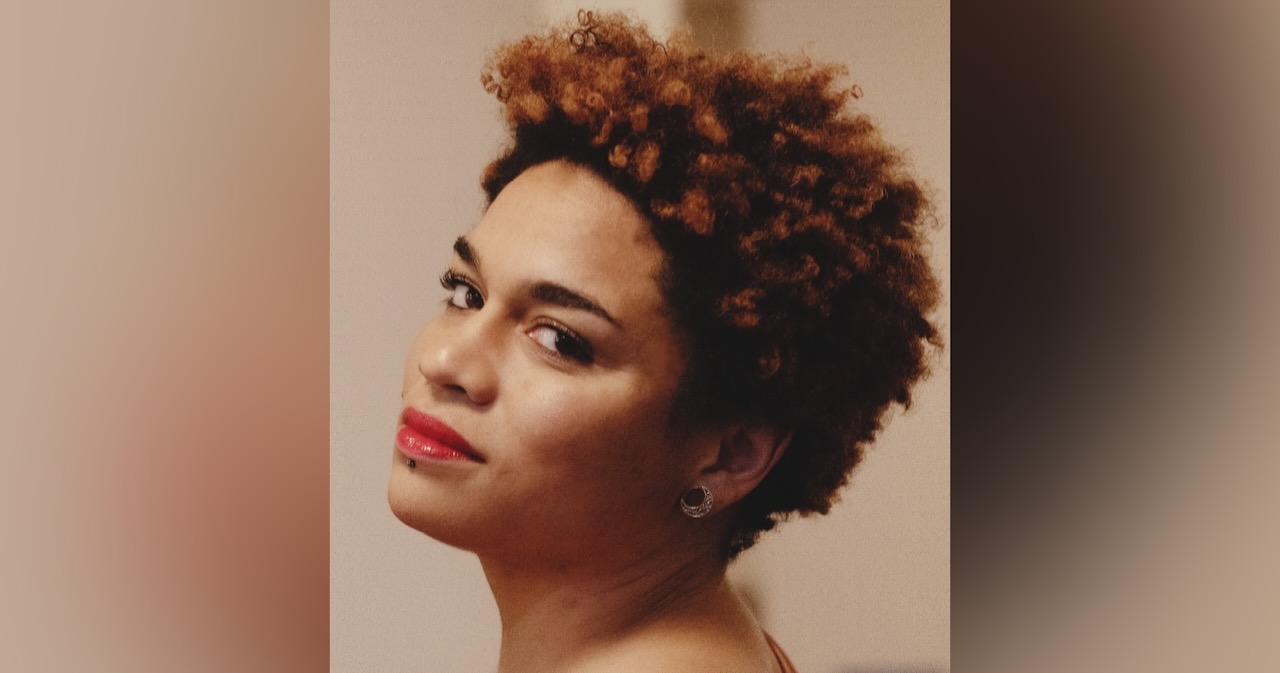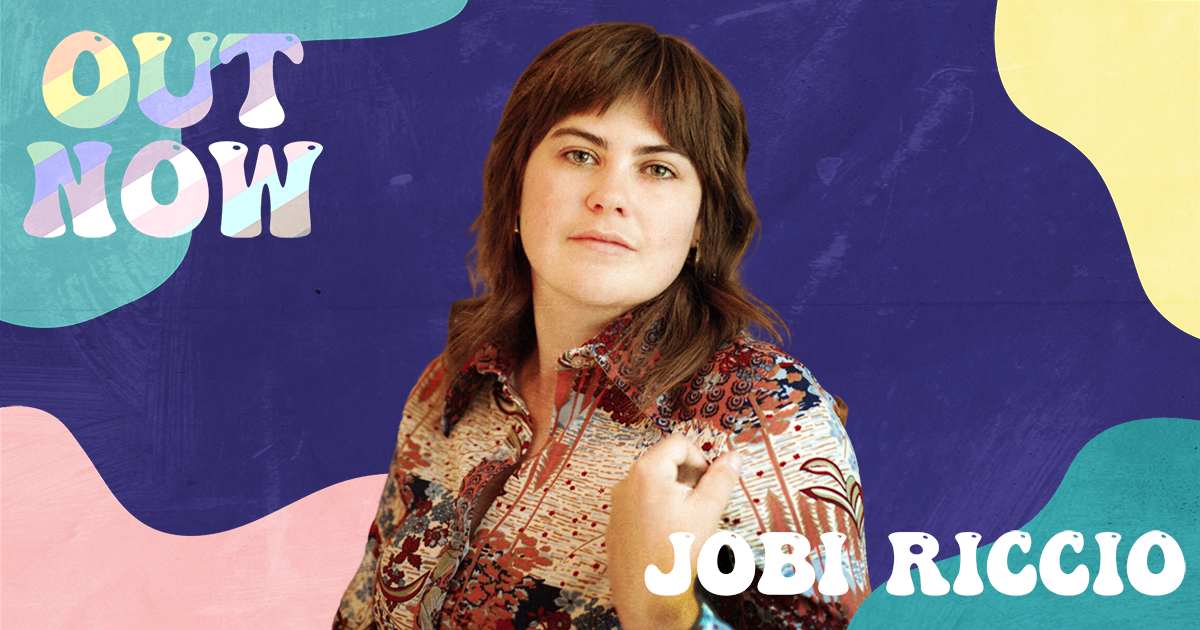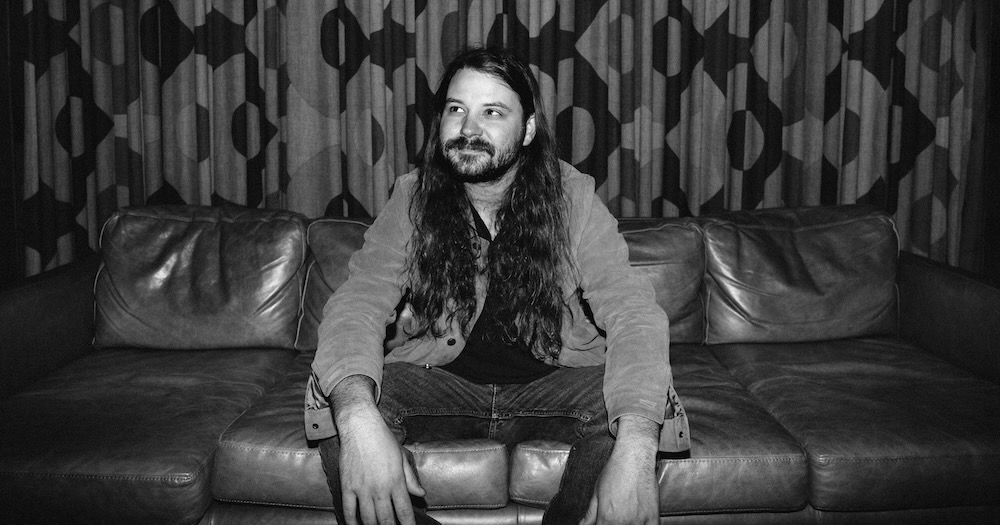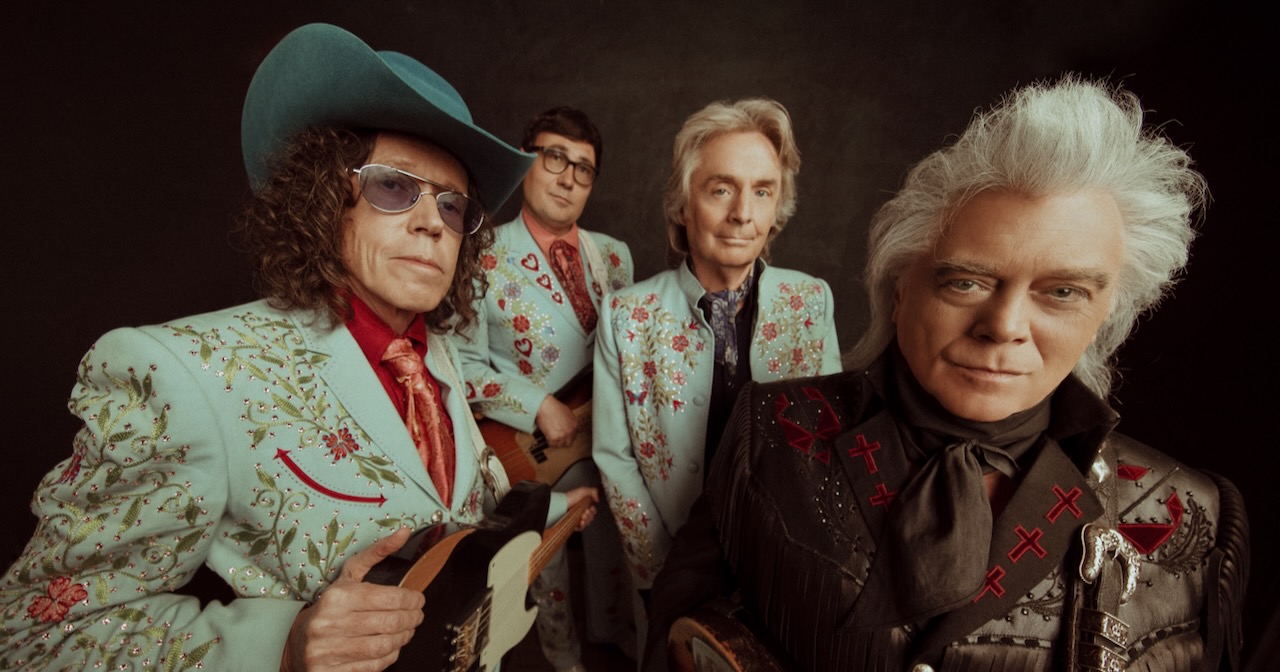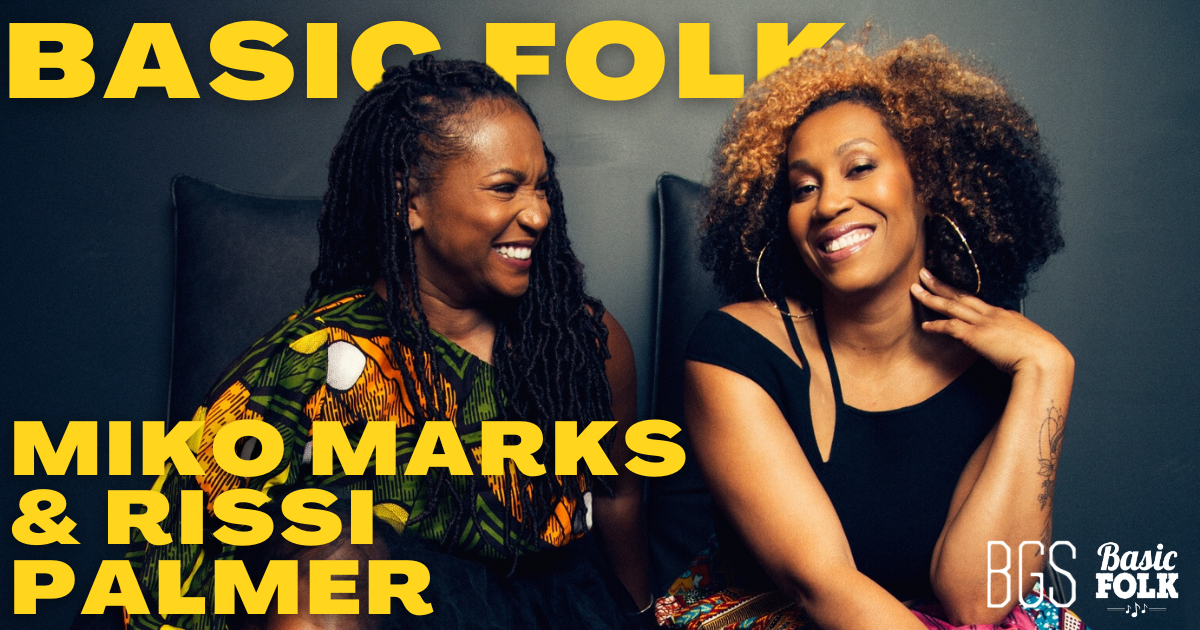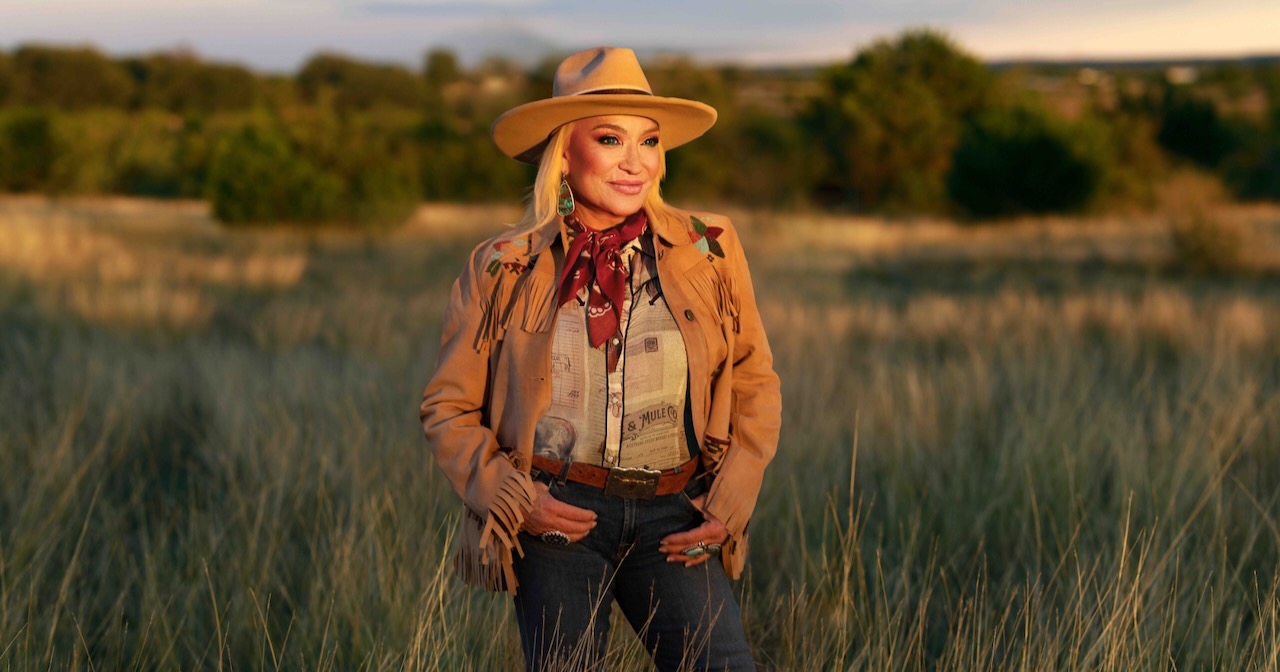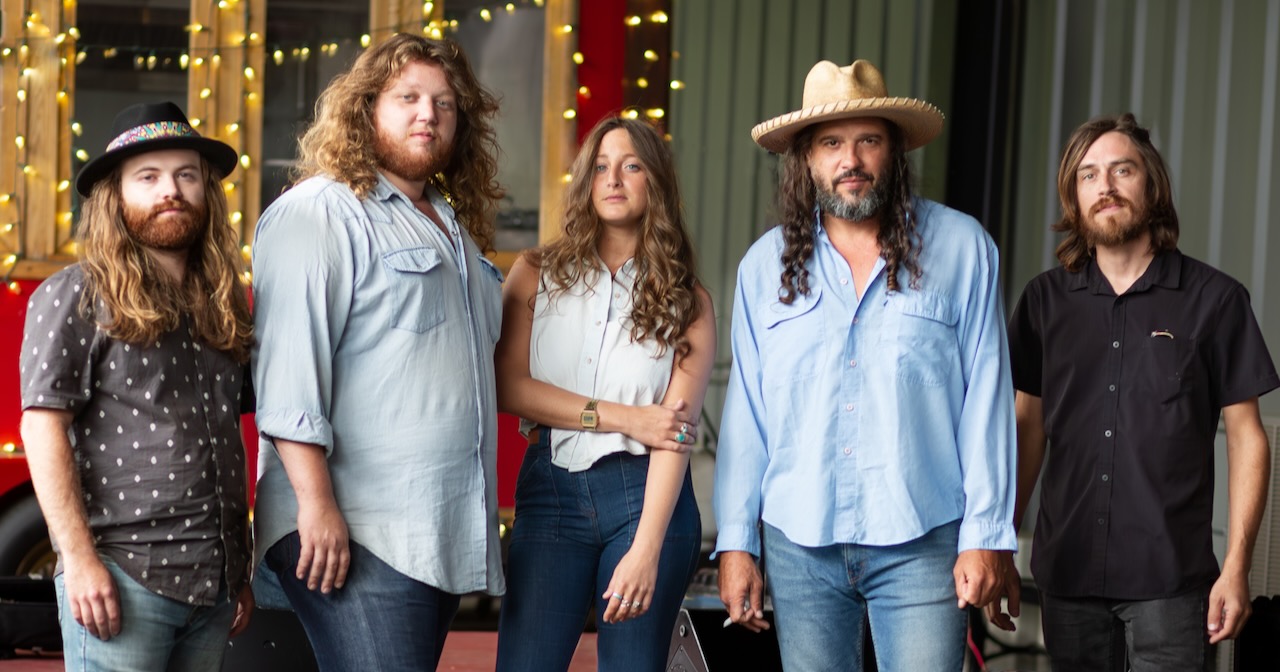With her warm, agile voice and potent lyricism, Julie Williams is taking the country music world by storm. On June 2 she released her self-titled EP containing 6 original, remarkable tracks. Through her narrative lyrics and captivating melodies, Williams’ songs discuss a wide palate of her lived experience — as a Black woman living in the South, as a navigator of harmful sexual encounters, as someone who has loved, and as someone who has lost. Her record will take listeners on an evocative journey through her emotional landscapes, with peaks and troughs and everything in between.
Currently based in Nashville, Williams’ robust and radiant presence is enlivening the Music City landscape and beyond. Earlier this year, she was selected as one of CMT’s Next Women of Country, where she joins other major talent alumni of the Next Women of Country such as Margo Price, Kacey Musgraves, Lainey Wilson, Brittney Spencer, Lauren Alaina, Madeline Edwards, Maren Morris, Morgan Wade, and many more.
Williams is also a seasoned member of the Black Opry Revue, a collective based in Nashville that features Black artists in country, Americana, blues, and folk music. Her current solo tour is in full-swing as she enchants summertime audiences across the country.
BGS: Can you tell me a little bit about your personal history with music? Do you come from a line of musicians? Or did you find this path on your own?
JW: Neither of my parents play music or sing. There was always this joke in my family that I would listen to what my parents did and do the opposite. … There’s definitely a history of musicians in my extended family, but it wasn’t necessarily something where I grew up with everybody playing an instrument around me.
My parents always joked that I told them, “I can sing.” Ever since I was little, it was my way to relieve stress when on an airplane or a car ride or something. I was singing songs, making up songs, singing Barney songs. And I think for them, it wasn’t until they went to an elementary school play of mine, and saw me compared to some of the other kids, that they realized I actually could sing a little bit better. When I was in middle school I started singing national anthems and then I would sing at beach bars and restaurants and weddings. That was kind of my early start into professional singing. Then, when I got to college, I started songwriting and turned into the artist that I am now, but I’ve always been making some sort of noise.
You knew from the very start! On your EP, you share a lot of really beautiful narrative songs, and I’m wondering about your creative process. When does it become clear to you which of your stories needs to become a song?
I do write a lot of narrative songs. That’s what I love. I always write lyrics first. Usually, it’s just a dump, like a poem, that comes out. Sometimes [it’s] not even a really good and properly formatted poem, but then I kind of piece that together and turn it into a song, or I bring it to somebody that I really trust to help me bring the story to life, and together we turn it into the song.
I started with my creative process after I took a songwriting class when I first moved to Nashville with this amazing professor at Vanderbilt, Deanna Walker. She made the point that good lyrics should be able to stand on their own. The best songs can make you feel something from just reading. It really stuck with me.
That question of knowing which stories ultimately make it into song — I ask myself that same question all the time. Because sometimes I think, “Oh, I’m gonna write a song about that.” Then I sit and I try to conjure up something and nothing comes, or nothing that I feel is worth putting out into the world. But I don’t like to push things in my songwriting. Sometimes, if I just have a word, or I just have a phrase, or maybe a few lines about a story, I will leave it and wait. Because, six months later, something else has happened. I begin to process whatever that moment was a little bit differently, and all of a sudden, it just begins to flow.
I really like to write songs that make somebody really feel something or see themselves in a certain way or something that has a kind of unique twist, even if it’s a love song or a breakup song. Sometimes I have to wait until I can find that perspective in an everyday moment before it turns into a song.
You do that so beautifully! I’d like to ask more about those collaborators you mentioned—can you tell me a bit about your work with the Black Opry and how you became involved?
I was in Pigeon Forge, actually, to play a show at the Listening Room there with a friend of mine named Bonner. I think there were only like five people there, so we were kind of down in the dumps a bit. But I posted, “We’re here in Pigeon Forge,” and Holly G of the Black Opry, who I’d never met in person, messaged me on Instagram. She said they were having a Black Opry show at Dollywood, and we should come by after our show. We went and caught the last song of the show. [Afterward] everyone was hanging at the hotel and I got to meet Holly G, Tanner D, Aaron Vance, Roberta Lea, Crys Matthews, Virginia Prater, who is my booking agent now — a lot of the people that became part of my family. We all hung out in this hotel room, passing around a guitar, singing songs.
I just immediately felt so comfortable and at home. These people felt like my cousins! I told Holly, “Look, I would love to be involved with Black Opry. I’m single, I have no responsibility right now, just put me on the road! I will play any show, any place, any time.” She put me on a few Black Opry runs; before those runs were happening I was thinking that I was done in Nashville. I wasn’t feeling like my career was moving forward. I really felt kind of lost, creatively. I hadn’t yet found those creative collaborators. And when I did that first Black Opry run, everything just clicked and I knew I needed to be a part of it because it just felt like magic.
Wow, it sounds like your whole world expanded. Is there any advice you would give to aspiring Black artists looking to break into the country music scene?
I think my advice would be that it’s hard to do this alone. It can feel like you’re on an island. But it’s so much easier to do this work when you have other people around you that really support and uplift you. Reach out to the Black Opry, or the NSAI chapter near you. Set aside some of that energy that you’re putting towards your own individual projects into building community — even if that’s an online community at first. That’s how I met a lot of people during COVID time and after the murder of George Floyd, that’s when so many Black artists were coming out.
It just makes it so much easier to be in spaces where there are people around you who just get it, and who really believe in you and care for you and support you. Why build a car that only one person can get into and make it just a few miles down the road? Why don’t we instead all build a bus together that has space for everyone and we can all get there together? It’s just so much more fulfilling and honestly so much more fun.
What a beautiful metaphor, thank you for sharing that. Speaking of communal support and inspiration, you’re being featured as “One to Watch,” but do you have any ones you’re watching? Who is inspiring you these days?
I have this Spotify playlist called “Big Blue House and Her Sisters” of songs that feel like musical sisters of “Big Blue House.” There are a lot of artists on there that really inspire me. I would also say Denitia, a Black Opry artist who was named CMT Equal Access Artist — an incredible singer, songwriter, producer — just a powerhouse. We met at a Black Opry show in September and have become best friends. Also, you can’t be following what’s happening in Black music and queer music right now and not know the force that is Autumn Nicholas. Their performance at Love Rising had everyone in that room, thousands of people including myself, in tears. Lastly, Raye Zaragoza is an amazing Asian, Indigenous, and Latinx artist. I had the honor of meeting her on the Cayamo Cruise. She has been such an inspiration to me as a songwriter in the ways that she incorporates all of her identity into everything she makes, and her songs have such resonance and power that really make you feel. There’s no way you can listen to her songs and not feel moved and inspired by them, which is everything I’m trying to do in my songwriting, and I think she does it flawlessly.
Photo Credit: Mackenzie Ryan
